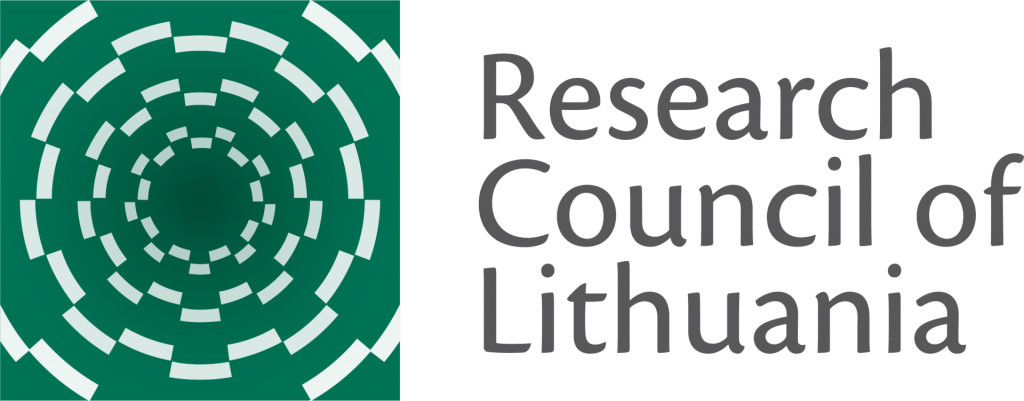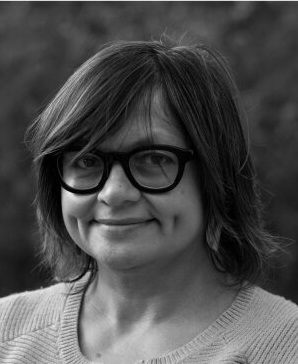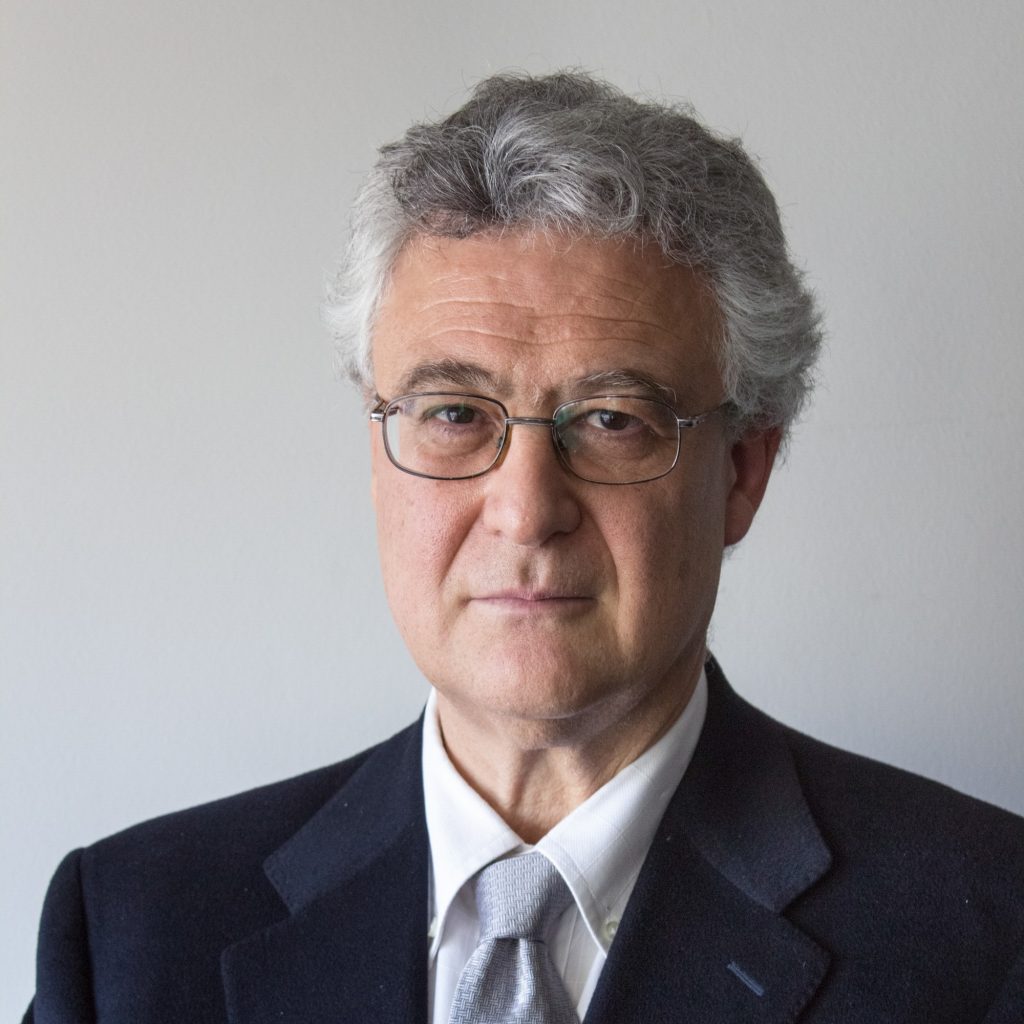International conference and workshop “Transformation Narratives Beyond Winners and Losers: Deep Stories in Central and Eastern Europe” (archive)
Recently, liberal democratic governance has been seriously challenged by populist political actors. The rise of populism in Central and Eastern Europe (CEE) can be at least partially attributed to the post-communist transformation of the 1990. This transformative period has led not only to feelings of enthusiasm, excitement, and euphoria (Trnka 2012) but also constituted “cultural trauma” for the affected societies (Sztompka 2000), especially individuals and groups who experienced a status loss or decline of living standards. In popular and to some extent, scientific discourse (see e.g. Jarosz 2005) they are often described as the “losers” (in contrast to the “winners”) of the transformation. Being negatively affected by the systemic and economic transition is viewed as a key explanatory variable of the recent rise of populism in post-socialist societies in particular (see e.g. Ágh 2016; Minkenberg 2017), and populist support in general (see e.g. Kriesi et al. 2006; Norris & Inglehart 2019).
However, it has also been noted that the winners/losers categorization itself is rooted in the dominant neo-liberal paradigm (Kaźmierska 2019), and not necessarily reflects “lived experiences” of affected individuals. When people in the CEE region report how they feel about the change of political regime and current lives in their own words, their narratives neither replicate the winners/losers distinction nor allow for a simple attribution of the speaker to either side of this division. Instead of measuring their biographical trajectories in economic or material terms only, they talk about victories in personal and professional lives; about values such as dignity and social recognition; about regular, adapted and inconspicuous, lives (see e.g. Marody et al. 2019). Thus, we posit that the understanding of the current political dynamics in the CEE region can be advanced by investigating “deep stories” (Hochschild 2016), that is, personal “truth” experiences, “feels-as-if stories” (Ibid.), frequently narrated through emotions:
- How do the citizens of the CEE region themselves talk about transformation? How do they narrate main challenges (but also opportunities) brought about by the transformation?
- How do these narratives develop or contradict the existing, and still dominant, narrative winners and losers of systemic transformation?
- Are these personal narratives of people in post-communist Europe underpinned by clear-cut emotional patterns, e.g. anger or resentment? And, if yes, what are the given reasons for these emotions
- What different types and layers of deep transformation stories are there? How do they support/contradict each other?
International conference and workshop “Transformation Narratives Beyond Winners and Losers: Deep Stories in Central and Eastern Europe” explored these questions in the context of diverse societies of the CEE region. The event brought together scholars from different national and institutional backgrounds interested in the in-depth reflection of these topics.
The conference (on the first day of the event on June 17) was dedicated to papers dealing with the above formulated questions.
The workshop (on the second day of the event, June 18) was organized for those interested in “deep story” methodology, a more extensive collaboration, and comparative analyses of data pertaining to the dynamics, legacy, and long-term consequences of the systemic transformation in the region. The workshop aimed at comparative analysis of the data collected by participants prior to the event. Qualitative interview collections and deep text analyses much too often remain case studies and cannot or do not aim at broader comparisons with similar studies from other countries and cultural backgrounds. We wanted to overcome this gap and look for possible intersections for materials from different research projects, settings, and contexts. Therefore, the main body of the workshop was dedicated to the identification of these intersections between investigations carried out by participants, and discussion aiming at outlining potential scientific articles which could be written in collaboration.
As a result of the workshop a proposal of a special issue dedicated to the topic of “deep transformations” will be formulated and submitted to a leading scientific journal in the field, e.g., East European Politics and Societies, European Journal of Cultural and Political Sociology, Emotions and Society. Participants are encouraged to proceed with the preparation of the articles outlined during the workshop. We also aim at the long-term involvement of participants in a research network focused on the interdisciplinary analysis of emotional developments in the CEE region.
The event is part of the research project Post-Communist Transformation as Dismantling of the Soviet Modernity Project. This research was funded by a grant from the Research Council of Lithuania (No. S-MOD-21-6).

 Zsuzsa Gille, Professor of Department of Sociology, Director of Global Studies Program at University of Illinois at Urbana-Champaign, co-editor of The Socialist Good Life: Desire, Development, and Standards of Living in Eastern Europe, Indiana University Press (In Press), Post-communist nostalgia, Berghahn Books (2010).
Zsuzsa Gille, Professor of Department of Sociology, Director of Global Studies Program at University of Illinois at Urbana-Champaign, co-editor of The Socialist Good Life: Desire, Development, and Standards of Living in Eastern Europe, Indiana University Press (In Press), Post-communist nostalgia, Berghahn Books (2010).
 Nicolas Demertzis, Professor at the Department of Communication and Media Studies of the University of Athens and Director of the National Centre for Social Research, author of Emotions in Politics: The Affect Dimension in Political Tension (2013) and The Political Sociology of Emotions: Essays on Trauma and Ressentiment (2020).
Nicolas Demertzis, Professor at the Department of Communication and Media Studies of the University of Athens and Director of the National Centre for Social Research, author of Emotions in Politics: The Affect Dimension in Political Tension (2013) and The Political Sociology of Emotions: Essays on Trauma and Ressentiment (2020).
17th of June, 2021
10:00 – 10:15 Opening of the Conference
10:15 – 11:00 Keynote lecture (recording is accessible in the Facebook profile of the IIRPS VU). Zsuzsa Gille, Professor of Department of Sociology, Director of Global Studies Program at University of Illinois at Urbana-Champaign. Desire, Work, and Political Subjectivity in State and Postsocialism
11:15 – 12:30
Session: Deep Political Transformations (moderated by dr. Jogilė Ulinskaitė, Institute of International Relations and Political Science, Vilnius University)
Ainė Ramonaitė, Institute of International Relations and Political Science, Vilnius University. Demolishing kolkhozes as the “deep story“ in Lithuania
Vineta Kleinberga, Faculty of European Studies, Rīga Stradiņš University, Latvia. Embedded in nature? Formation of the Latvian identity narrative at the outset of the collapse of the Soviet Union
Sabine Volk, Jagiellonian University Kraków. “The East shows how it’s done”: Populist reframing of national, regional, and local identities in contemporary eastern Germany
Neringa Klumbytė, Miami University, USA. Populism revisited: liberalism and populism in the 2000s electoral politics in Lithuania
Session: Deep Transformations: Culture and the Self (online, moderated by prof. dr. Maja Sawicka, University of Warsaw)
Magdalena Kowalska, Nicolaus Copernicus University in Toruń, Mariusz Zięba SWPS University of Social Sciences and Humanities, Warsaw, Poland. Romantic losers and Bildung winners? Polish transformation narratives and their alternatives
Leena Kurvet-Käosaar, Institute of Cultural Research, University of Tartu. Contested Be/Longing: Europe in Estonian Post-Soviet Life Writing
Elza Lāma, University of Latvia, Faculty of Social Sciences.
‘I can’t complain. They raised us without disposable diapers’: The “Deep Story” Behind Relationships of New Mothers and Their Mothers in Latvia
Giedrė Plepytė-Davidavičienė, Institute of Sociology at the Lithuanian Centre for Social Sciences. In search for happiness: the first-person stories of self-transformation
12:30 – 14:00 Lunch break
14:00 – 15:00 Session: Urban Deep Stories (moderated by PhD candidate Žilvinas Švedkauskas, Tübingen University)
Gala Nettelbladt and Madlen Pilz, Leibniz Institute for Research on Society and Space. ‘Enough is enough’: The deep story of defensive urban citizenship articulations in Cottbus and Halle, East Germany
Maija Burima, Daugavpils University. Projection of Soviet Military Hegemony in Environmental Narratives of the “Divided City”: the Phenomenon of военний городок
Natalia Otrishchenko, Center for Urban History of East Central Europe, Lviv, Ukraine. “Some Kind of Numbness”: 1990s in Professional Biographies of Lviv Urban Planners
15:15 – 16:15 Session: Memory of Transformations (moderated by PhD candidate Liucija Vervečkienė, Institute of International Relations and Political Science, Vilnius University)
Monika Verbalytė, Europa-Universität Flensburg. Deep Transformations: Emotional Experiences after the Post-Communist Change
Dovilė Budrytė, Faculty of Political Science, Georgia Gwinnett College. Description of Current Research: Traumatic Memory, Transformed Narratives and Crises: Insights from Eastern Europe
Violeta Davoliūtė, Institute of International Relations and Political Science, Vilnius University. Unfinished Transitions and Historical Memory: Personal Narratives and the Genocide and Resistance Research Centre of Lithuania
16:30 – 17:30 Keynote lecture (recording is acessible in the Facebook profile of the IIRPS VU). Nicolas Demertzis, Professor at the Department of Communication and Media Studies of the University of Athens and Director of the National Centre for Social Research. Traumatic and post-traumatic vicissitudes: Justice, forgiveness, ressentiment
17:30 – 18:30 Aimee Herring, University of South Carolina, Vaida Pilibaitytė, Lithuanian National Radio and Television. Audio-Storytelling as Inquiry.
Listening session: „The Way, The Crossroad, Alanis and Me“, LRT RADIO documentary by Vaida Pilibaitytė, 2019 (In Lithuanian with English subtitles, 33 mins.).
Jogilė Ulinskaitė, Vilnius University (jogile.ulinskaite@tspmi.vu.lt)
Maja Sawicka, University of Warsaw (m.sawicka@is.uw.edu.pl)
Monika Verbalytė, Europe-University of Flensburg (monika.verbalyte@uni-flensburg.de)







